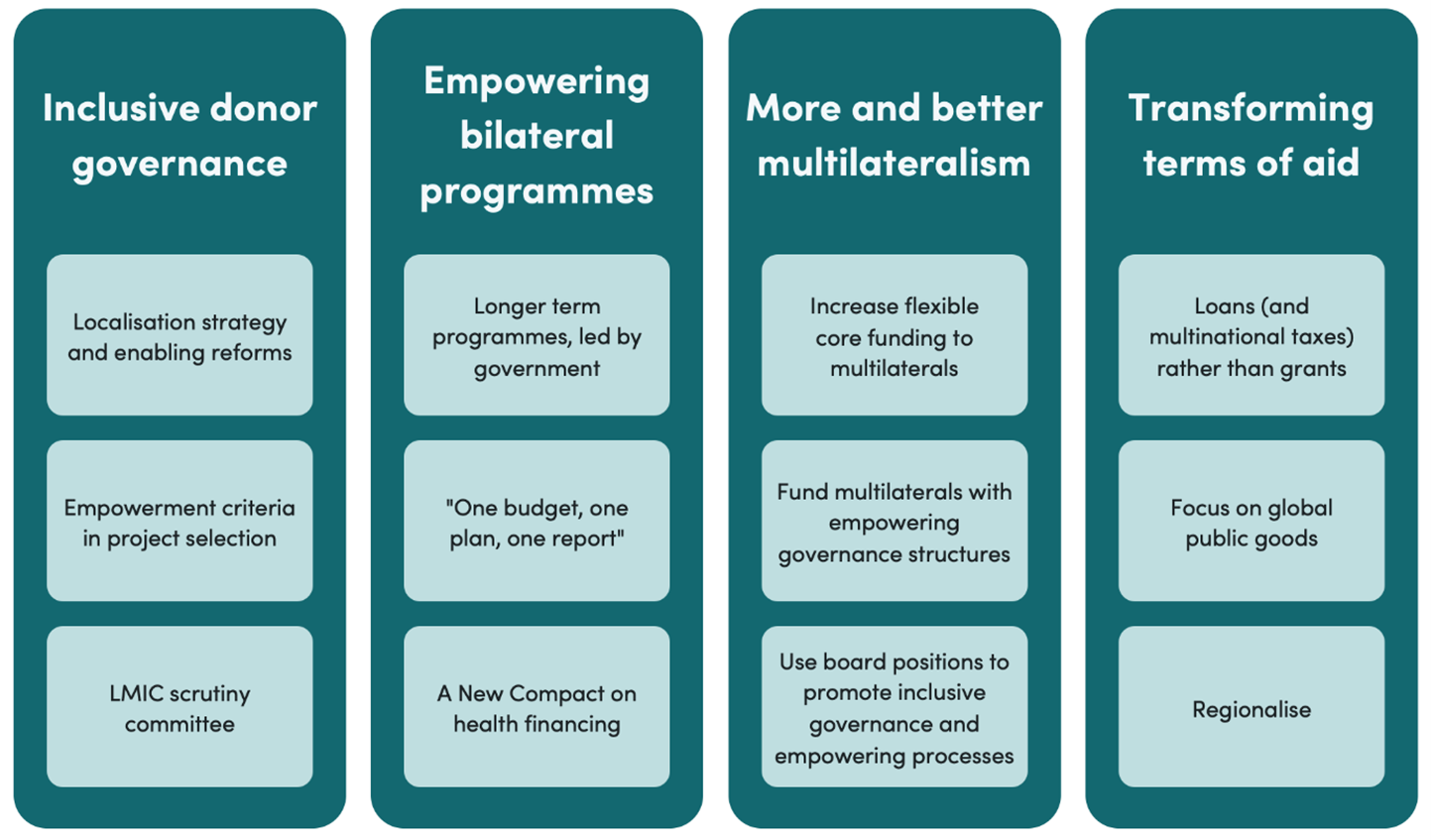FEATURING
Lucile Uhring - Head of International and European Affairs, Union of Metallurgical Industries and Trades (UIMM)
Jason Gagnon - Head of Unit, Organisation for Economic Co-operation and Development (OECD)
Pablo Acosta - Head of Global Knowledge Partnership on Migration and Development (KNOMAD), World Bank
Salvatore Petronella - Knowledge and Influence Lead, Labor Mobility Partnership (LaMP)
Ninon Duval - Director, Bond'innov
Salima Bensalem - Head of International Placement Division, Anapec
Hugo Verbist - Ambassador, Special Envoy for Migration, Belgium
MODERATING
Fabio Jimenez - Technical Specialist, IOM
Arturo Biglia - Project Officer for Entrepreneurial Mobility, Enabel
Helen Dempster - Deputy Director, Migration, Displacement, and Humanitarian Policy and Policy Fellow, Center for Global Development (CGD)
This event will be livestreamed from Geneva, Switzerland and held on the sidelines of the 14th Global Forum on Migration and Development Summit.
Lead organizations: International Organization for Migration (IOM), Enabel - Belgian Development Agency
Co-organizers: International Organisation of Employers (IOE), African Foundation for Development (AFFORD), World Bank, Organisation for Economic Co-operation and Development – Development Center, Center for Global Development (CGD), LaMP
Member Countries: Australia, Belgium
Over the coming decades, humanity must reduce its emissions at an unprecedented pace. This requires the rapid deployment of low-carbon –‘green’— technologies, such as solar photovoltaic (PV) energy and electric vehicles.
This ‘green transition’ must occur everywhere, simultaneously. Net zero carbon-equivalent emissions must be achieved globally between 2050 and 2060, with stringent benchmarks in the intervening decades. This transformative shift is already underway, but it will require many more workers if it is to occur at the scale and pace needed. The green transition’s job creation potential is both an opportunity and a major challenge. On the one hand, the transition’s job creation effects make it more politically acceptable; on the other, the implementation needed depends on an adequate workforce which may not be present.
Filling these jobs domestically will often be challenging. For many countries, migration is likely to be needed to complement training and reskilling of the domestic workforce. The alternative may often be a failure to meet decarbonisation targets.Because the shortage of skilled workers is global, migration approaches will need to be accompanied by support for training. Without this, an adequate supply of skilled workers cannot be ensured, and countries of migrant origin may be left without the workers necessary to undertake their own green transitions.
This event brings together multiple actors involved in this space to discuss the important, new, and under-considered role of labour migration for the green transition.








